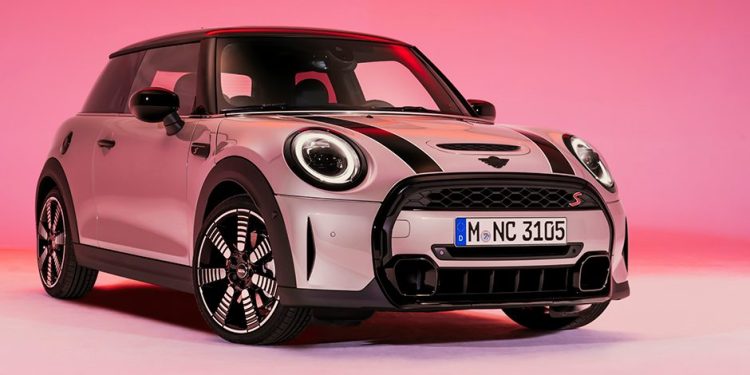Mini set to drop petrol and diesel engines by 2030
Mini looks set to be the next cab off the rank in the shift to prioritise electrified engines, with reports that the BMW-owned marque’s decision to cull internal combustion engines by 2030 is imminent.
A number of supposed sources close to the brand have told Europe’s Automotive News that Mini’s last combustion engine variant will be launched in 2025. It’s projected that half of the brand’s sales will be electric models by 2027, and an eventual cull will take place by 2030.
Mini has yet to comment on the reports, although the news isn’t without some precedence. It’s already known that the brand’s performance arm, John Cooper Works, is destined to go fully battery powered — Mini Bernd Körber saying as much last November.
Mini has also recently shown much more interest in electrification via the recently arrived Mini Electric, and numerous officially backed ‘restomod’ classic Mini rebuilds. It’s tipped that Mini will announce the move this week as part of its annual report presentation.
While it might sound a little like the shift away from petrol and diesel is a bit of a formality for Europe’s car brands, it’s worth remembering that most markets outside of Europe are et to make the same level of pledges. And, as such, are still likely to foster come kind of demand for traditional powertrains in the future.
Mini appears set to join the likes of Volvo, Jaguar, and Bentley in announcing a hard date for its petrol and diesel deadline. European brands make up the majority of brands who have either pledged to completely remove or partially remove ICE from their line-ups by the end of the decade.
Some of this has undoubtedly been spurred on by growing speculation of more sweeping petrol and diesel ban reform across Europe, as opposed to simply in certain regions. Late last week it was reported that nine countries in Europe are in the process of lobbying the European Commission to introduce a petrol and diesel ban that covers the full continent.
A group of European Union member countries, including Austria, Belgium, Denmark, Greece, Ireland, and the Netherlands, are all in the process of lobbying for an end-date to be established for the sale of new pure internal combustion vehicles on the continent.
A sweeping ban across all of Europe has potential to be one of the biggest bans of its kind on the planet, given that the region includes some 28 countries.





